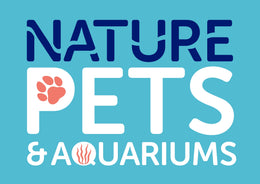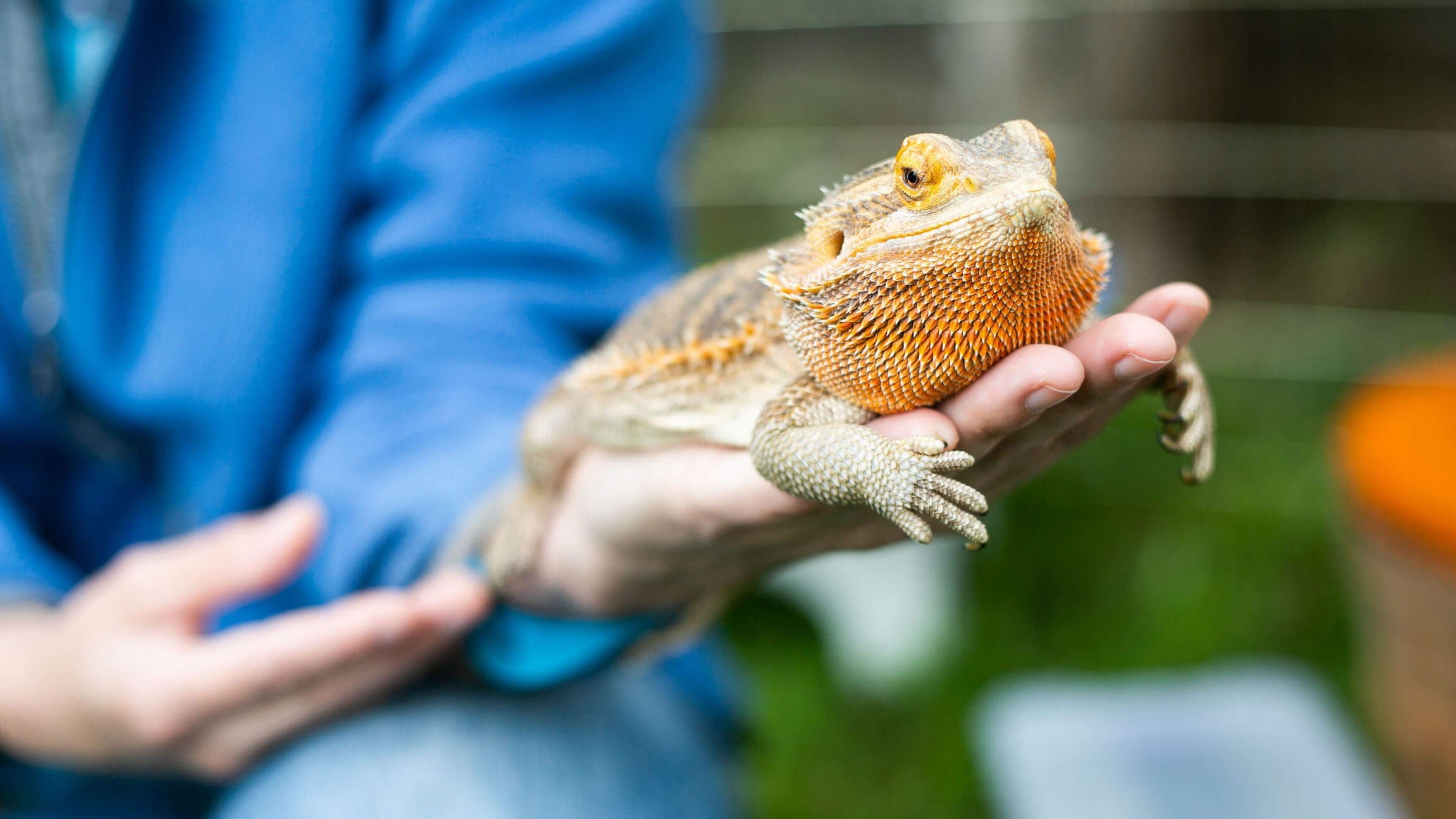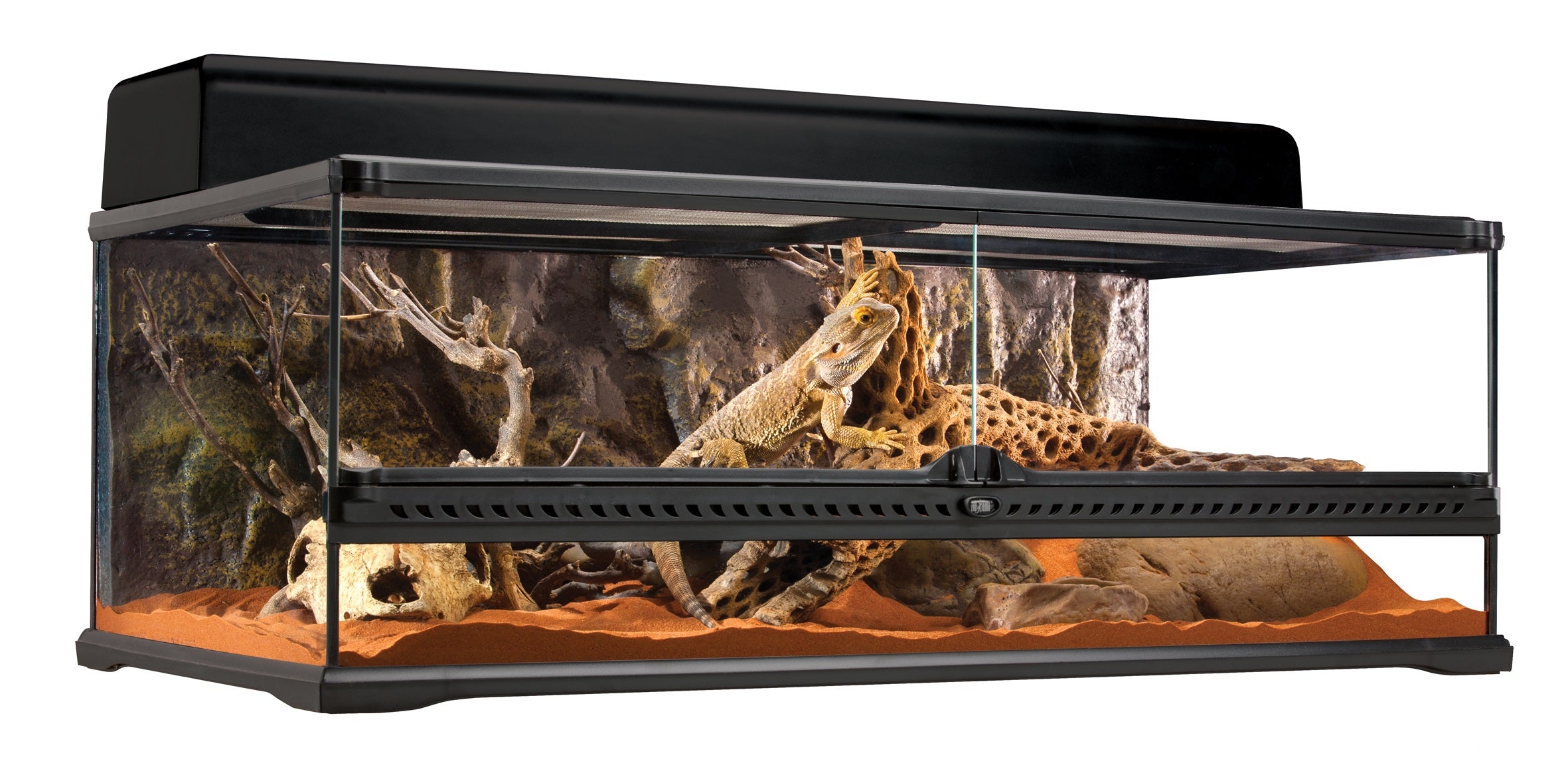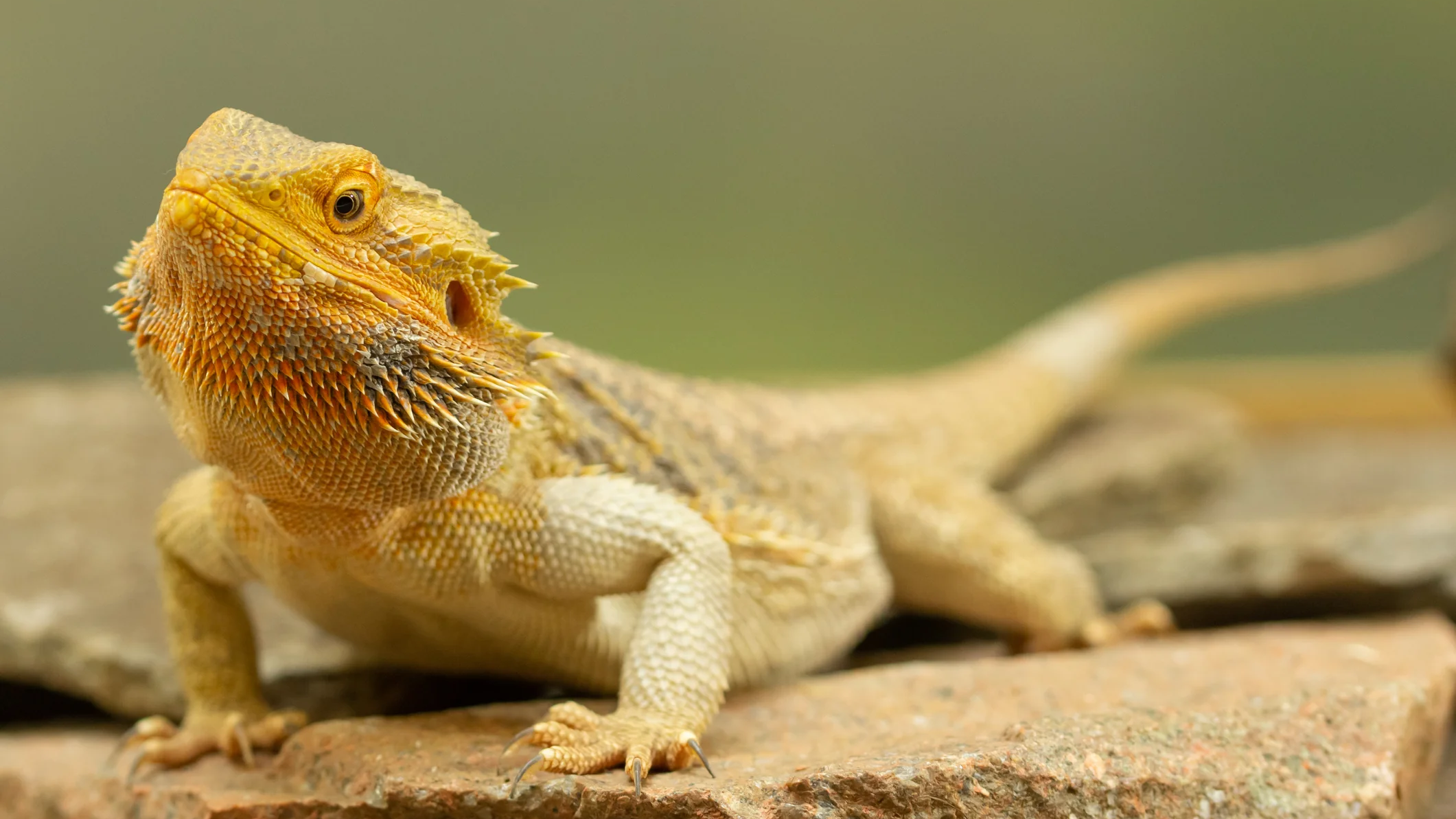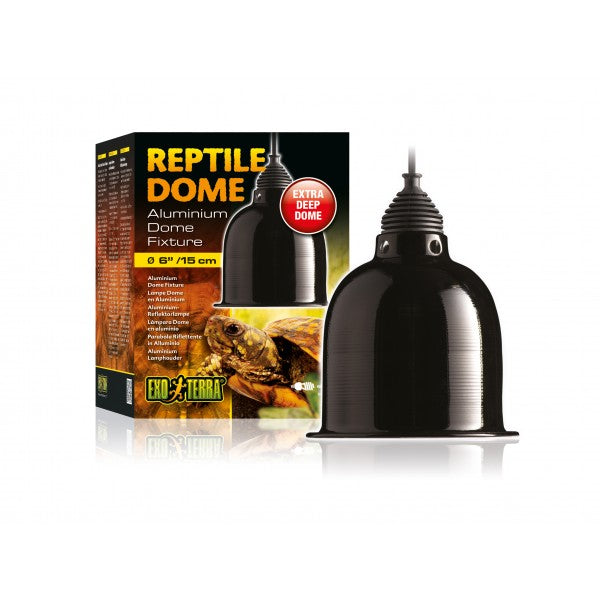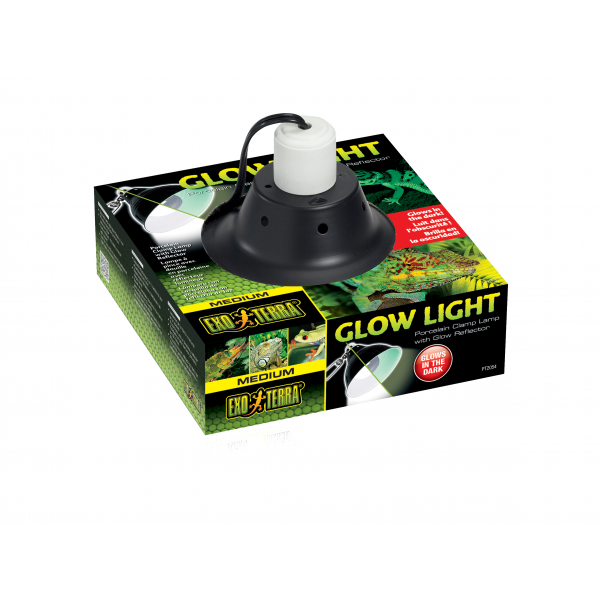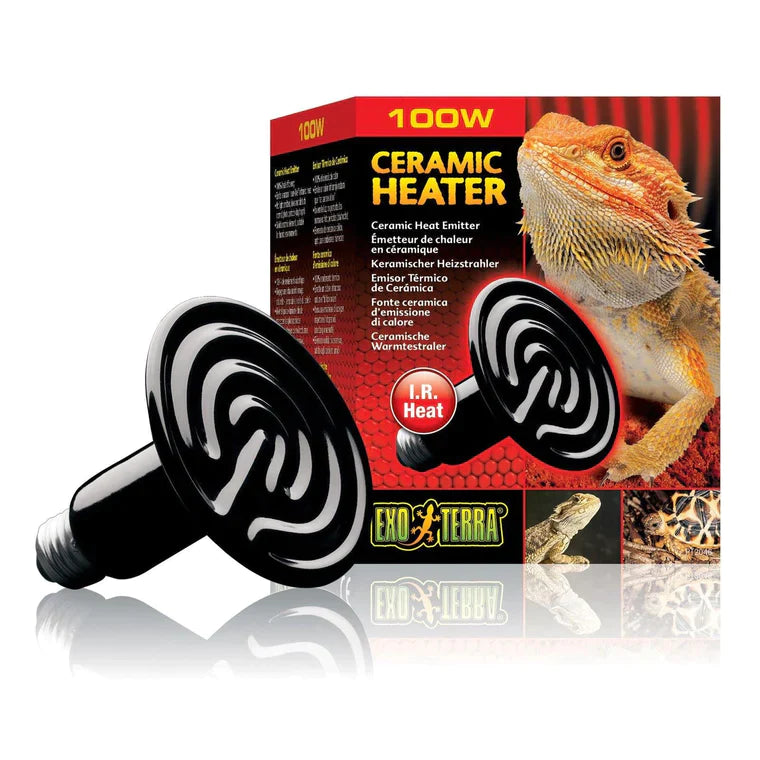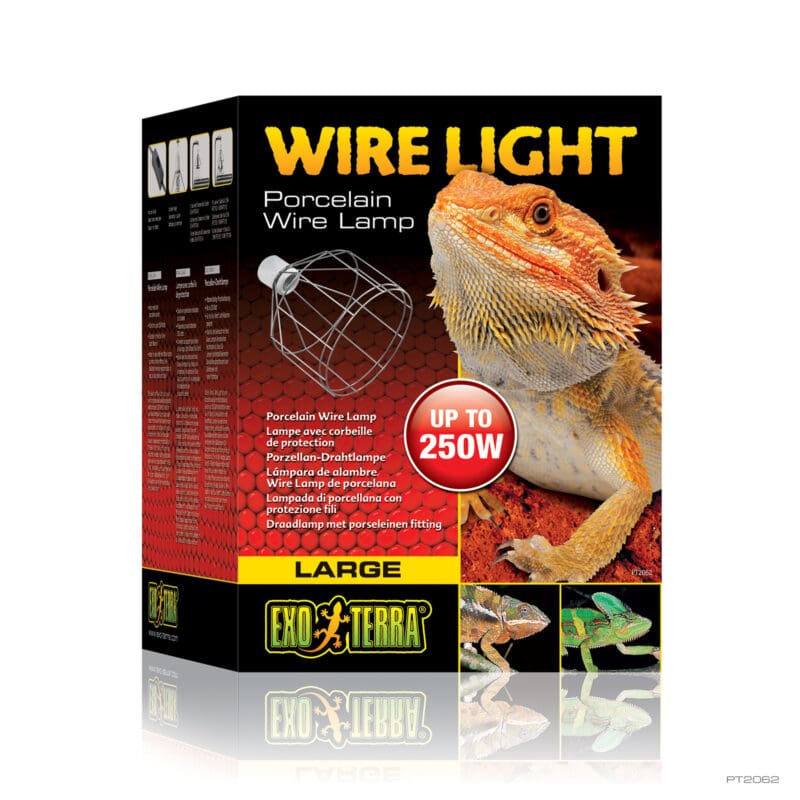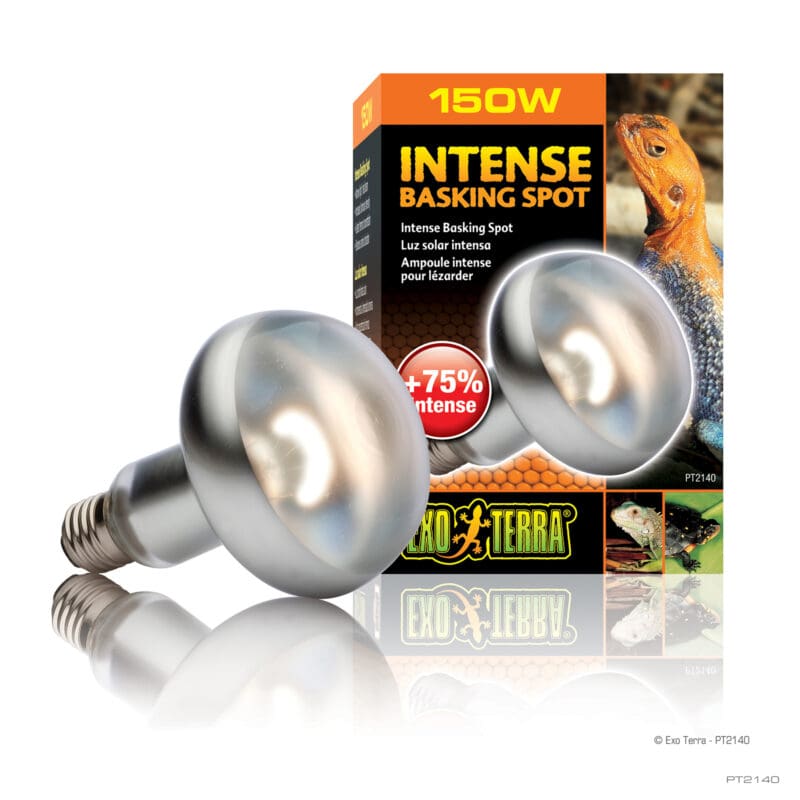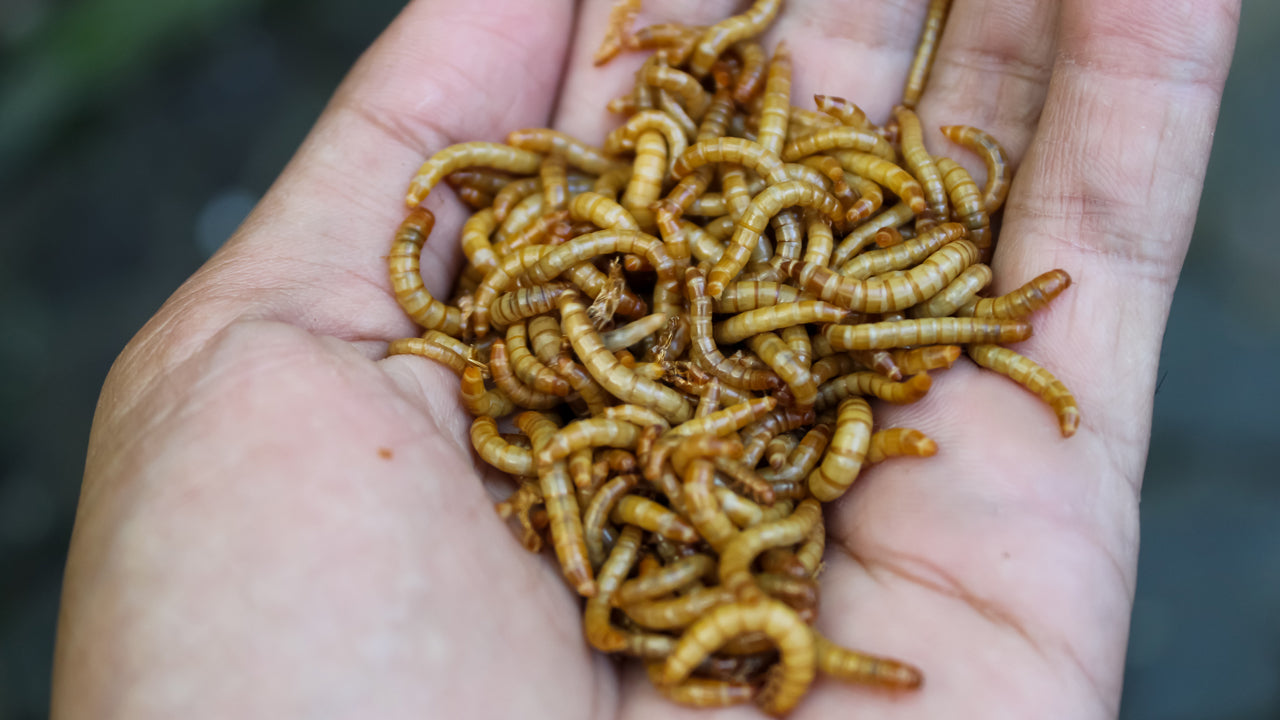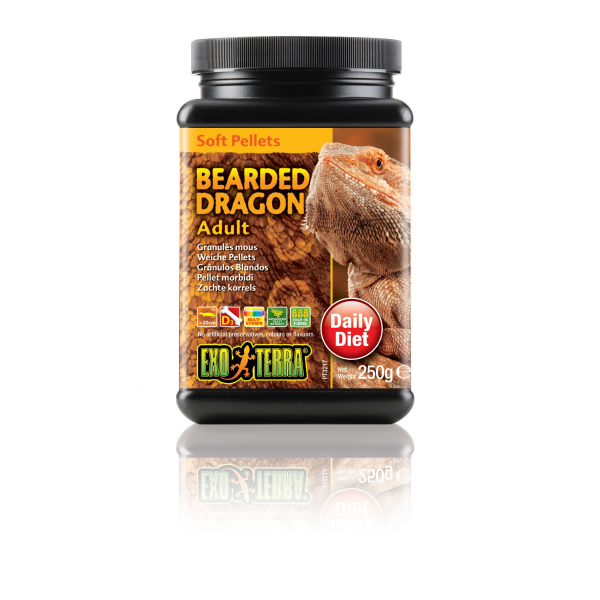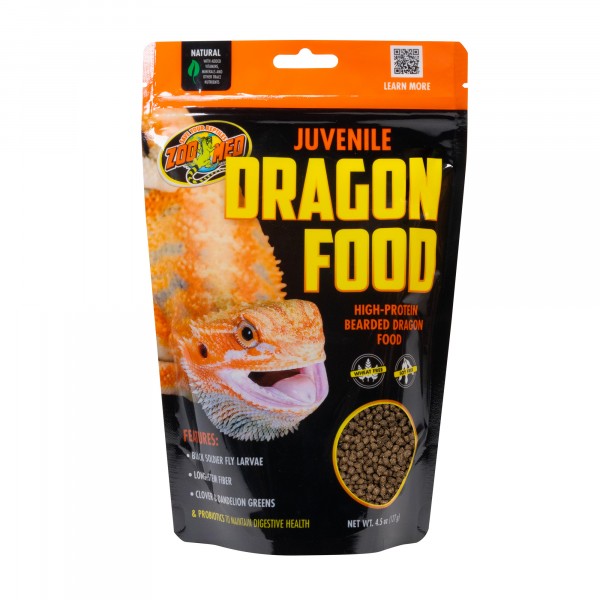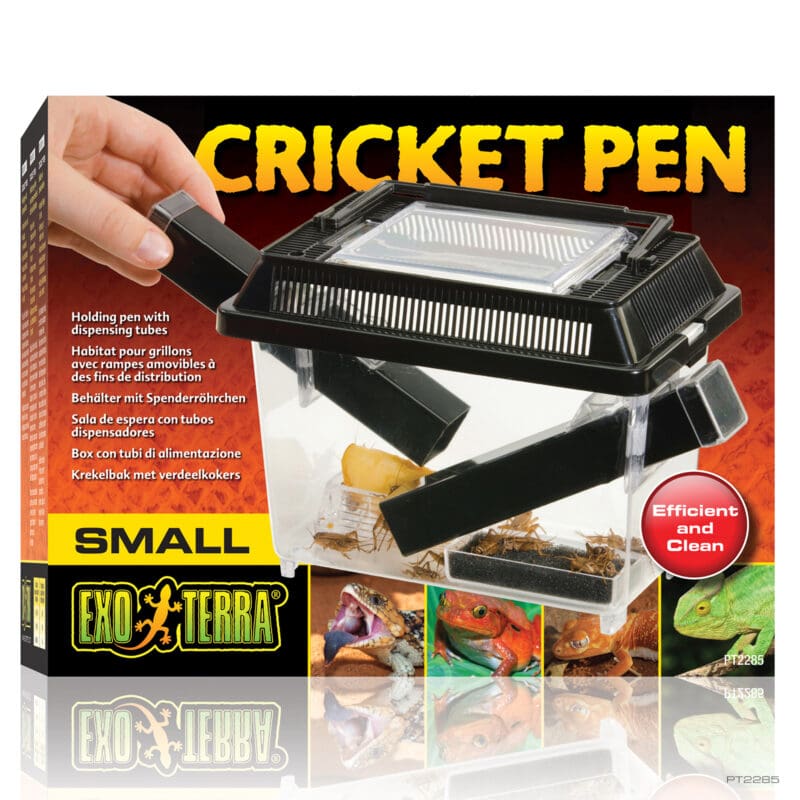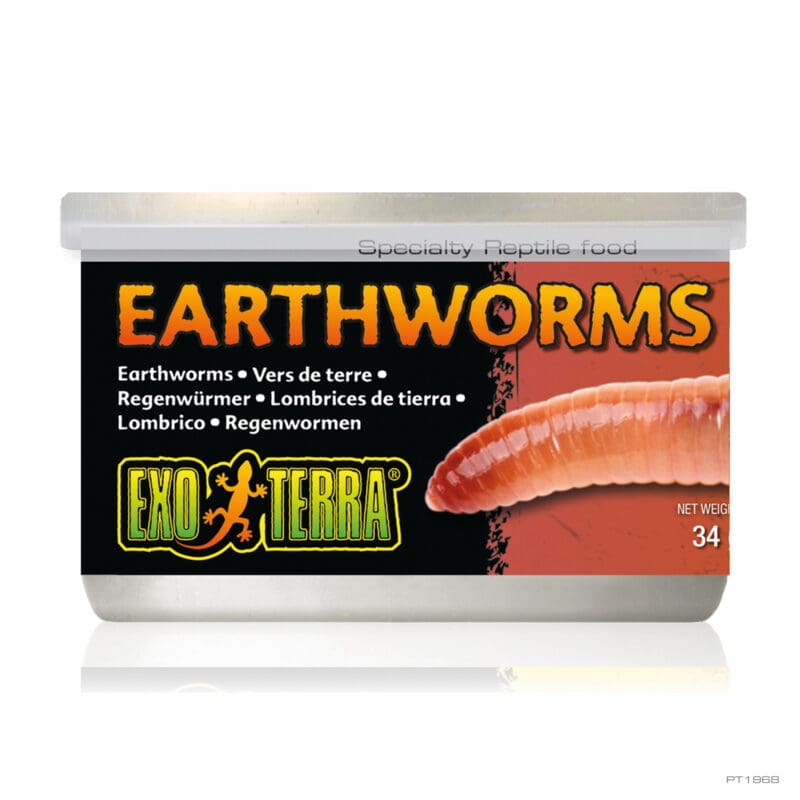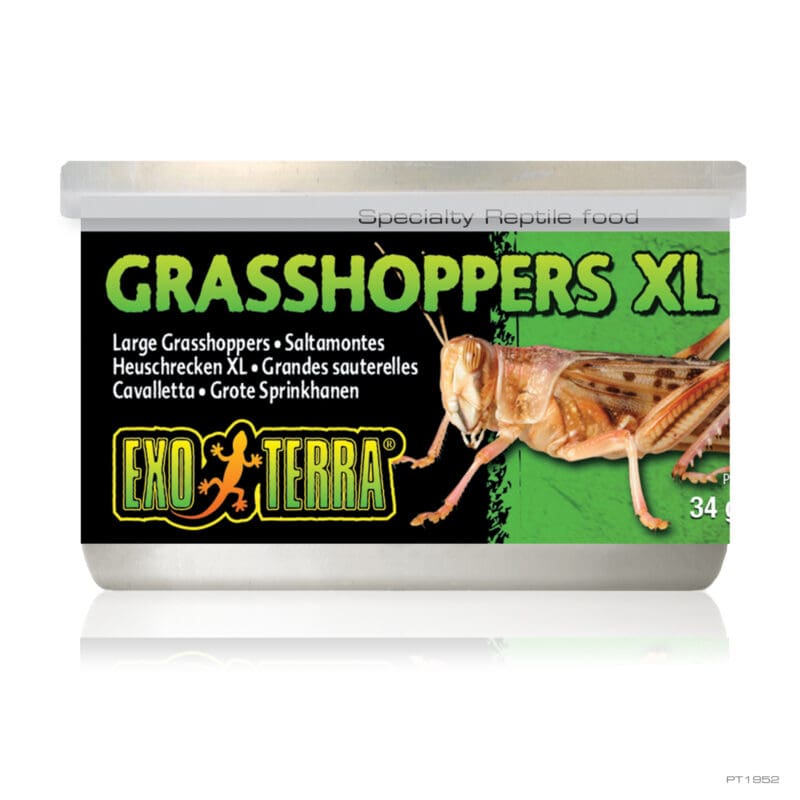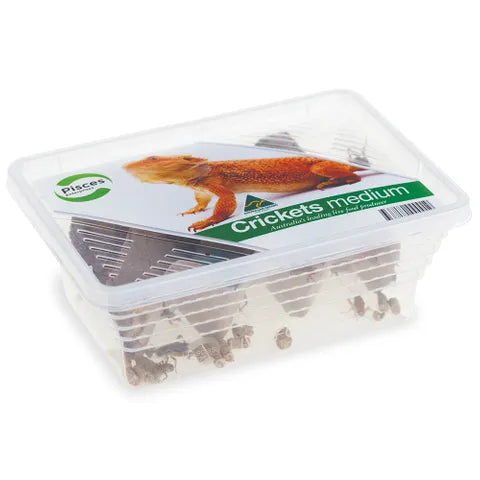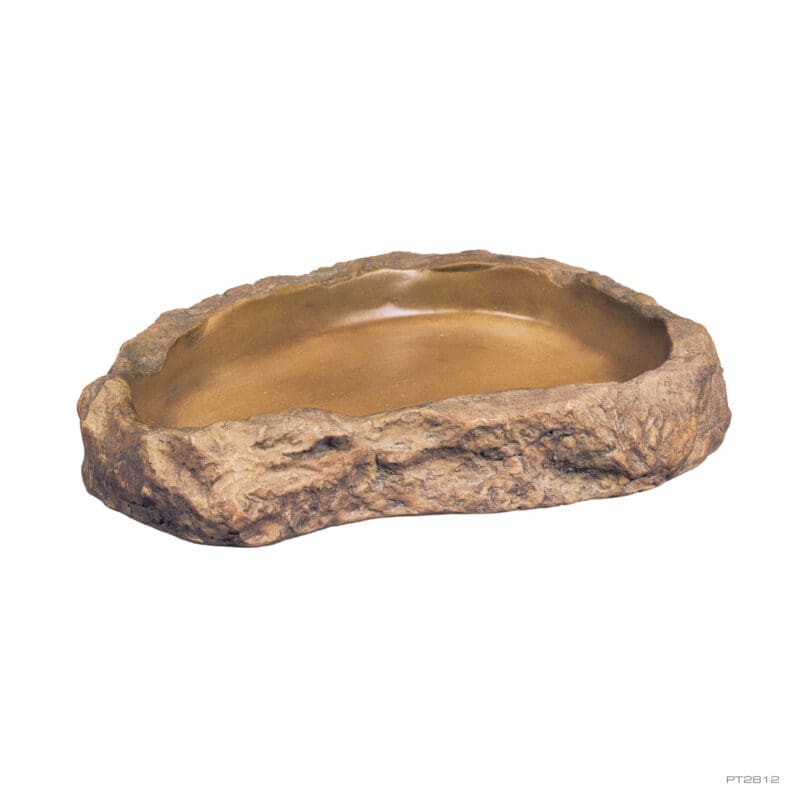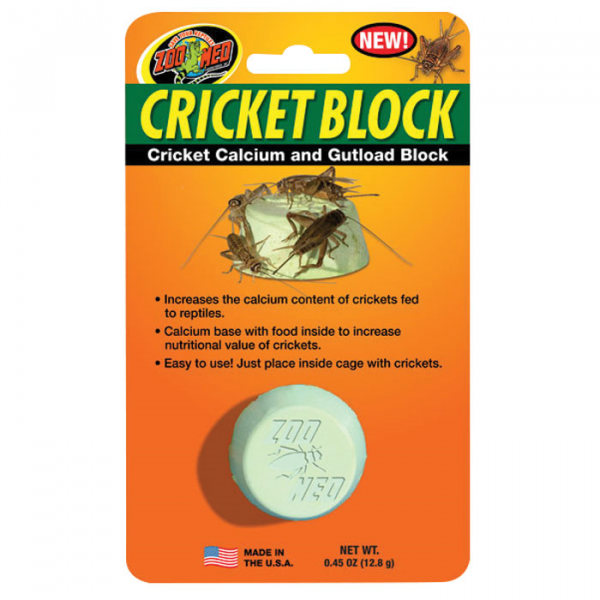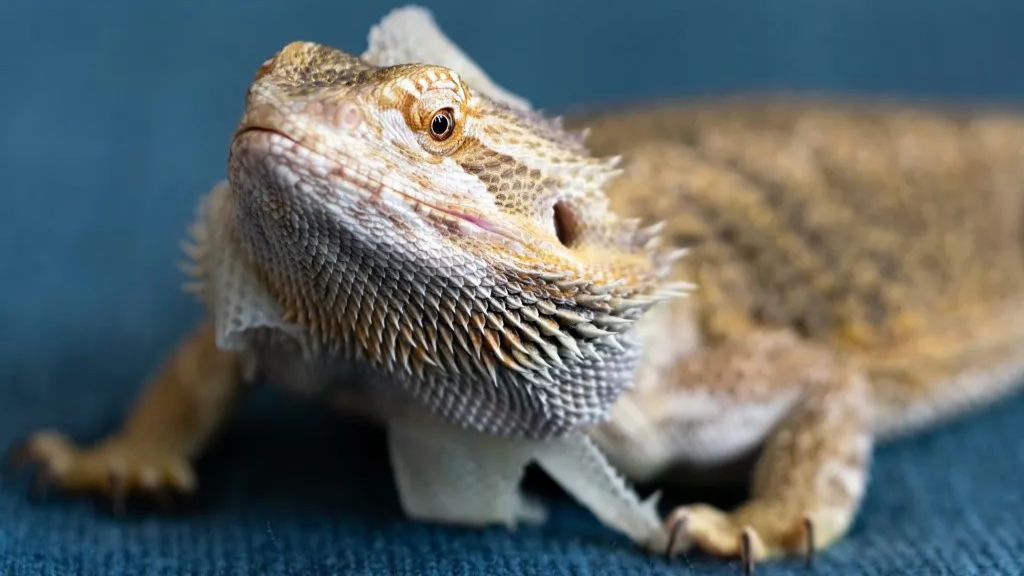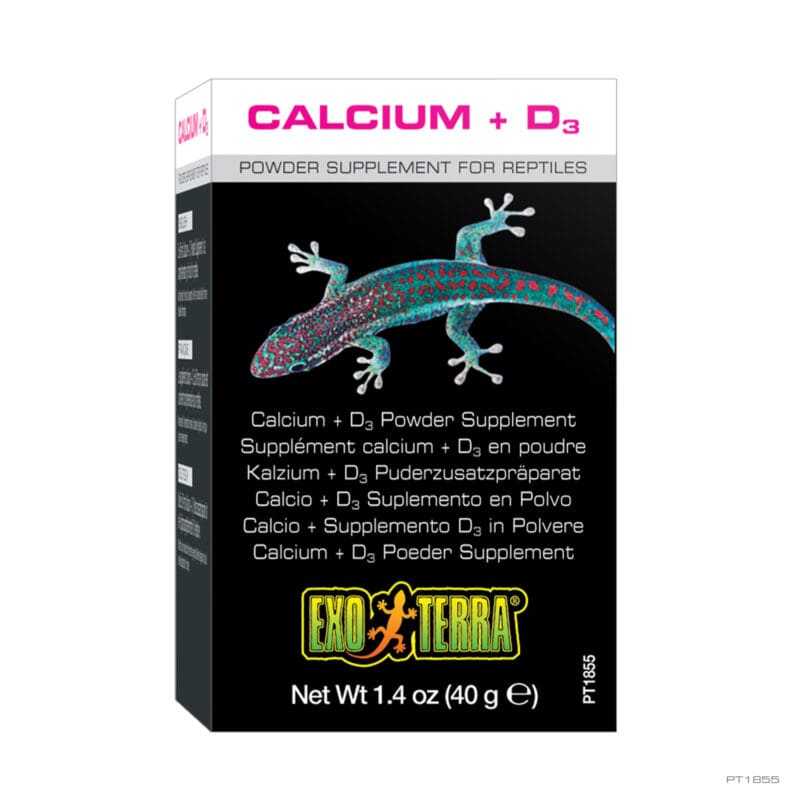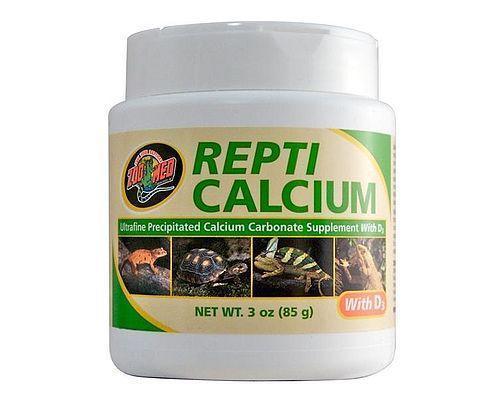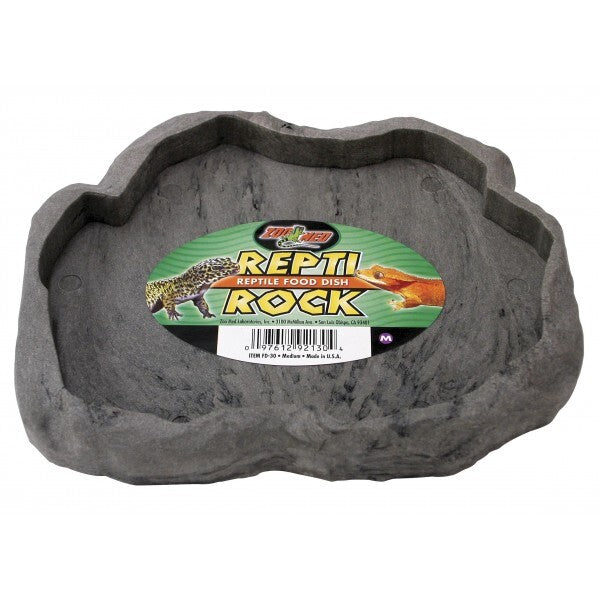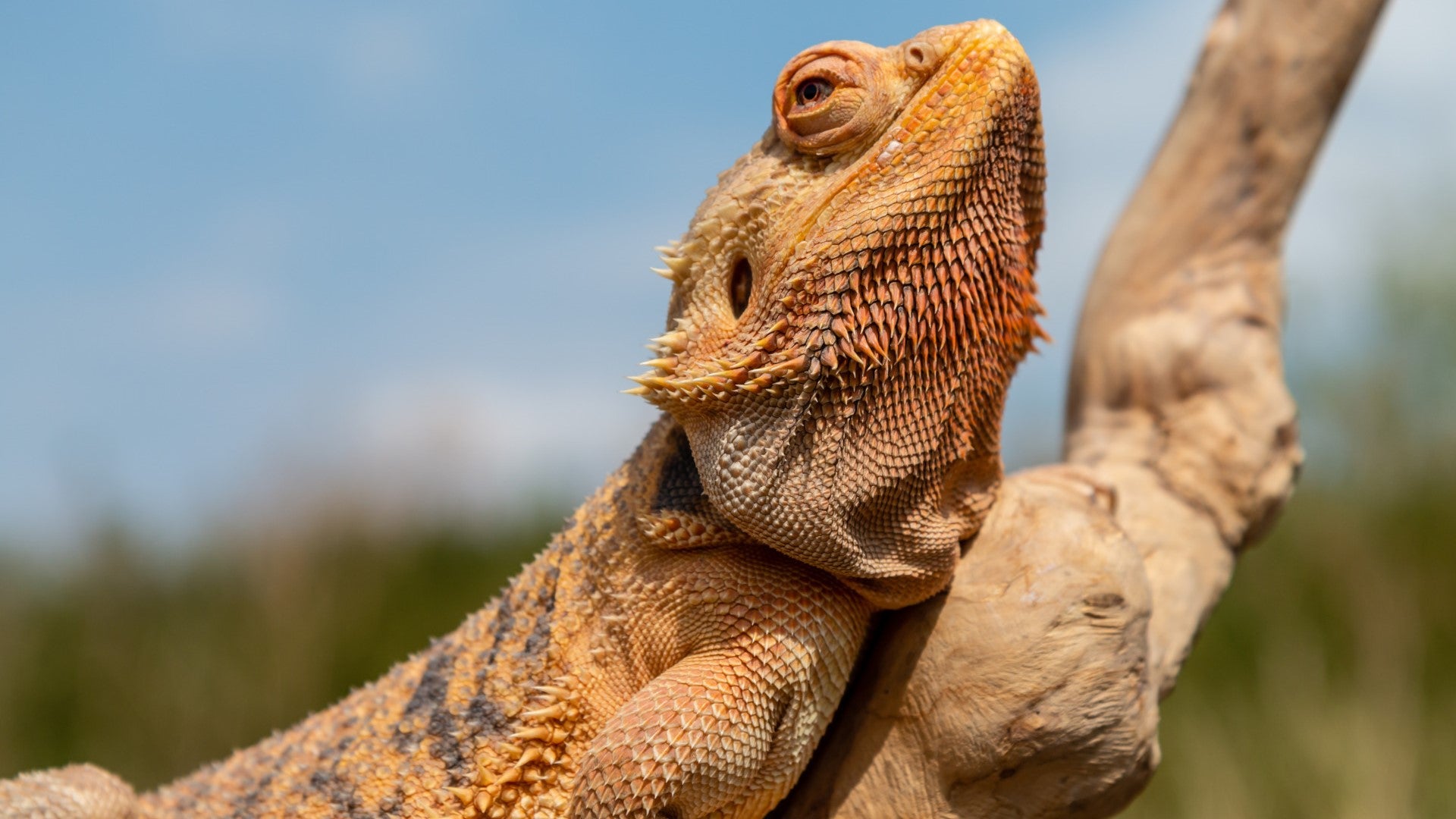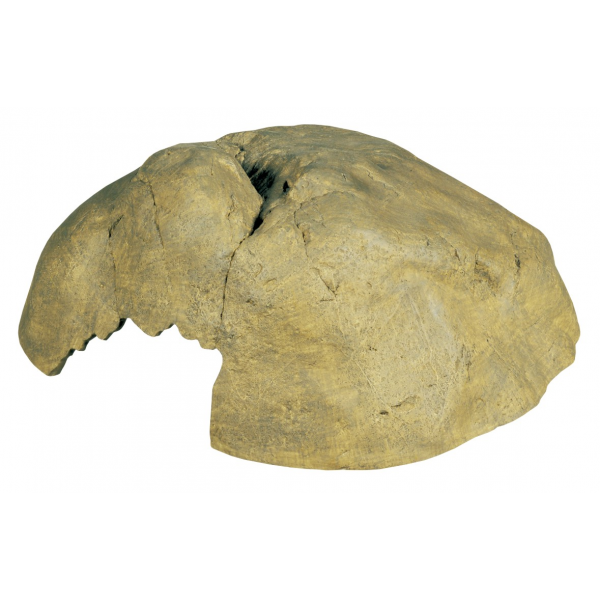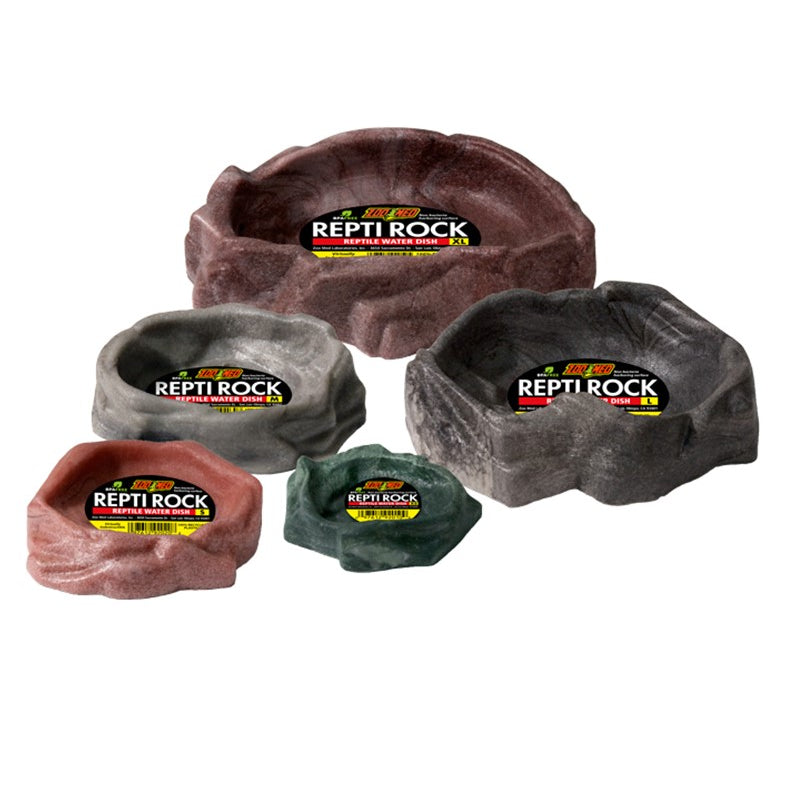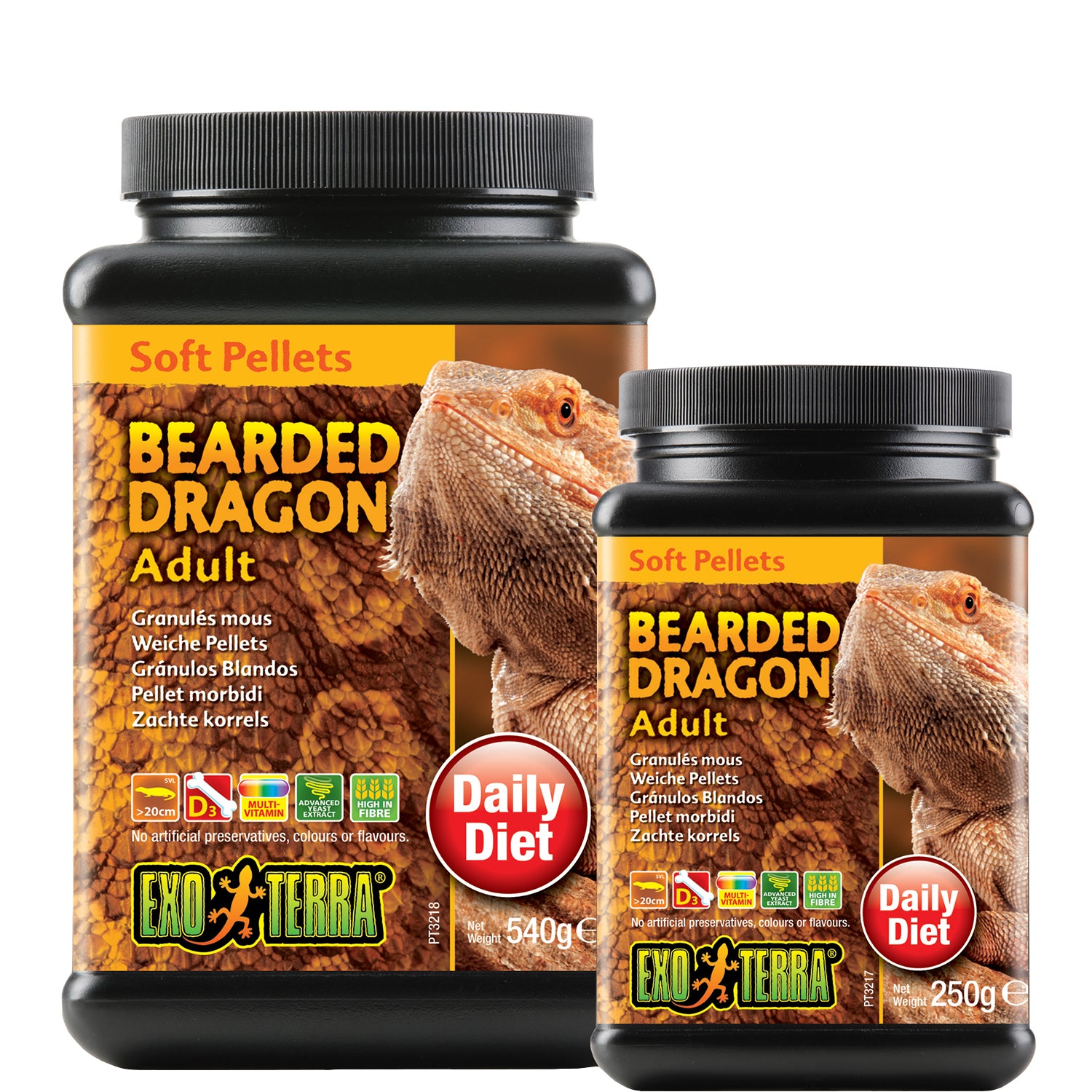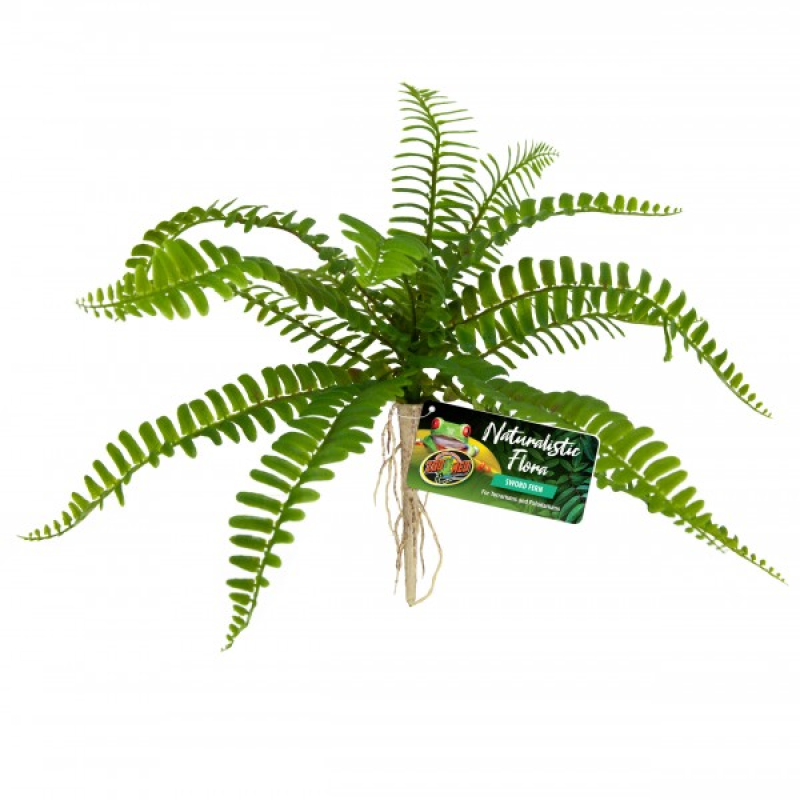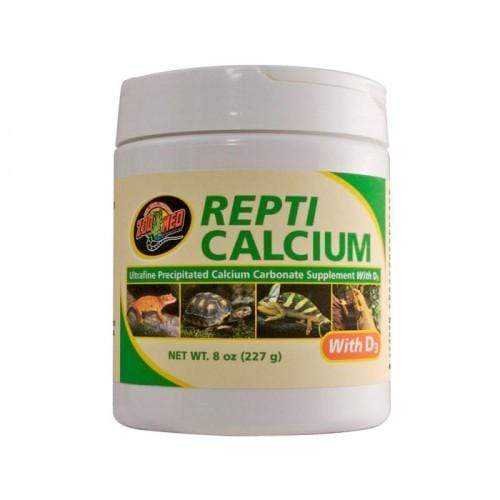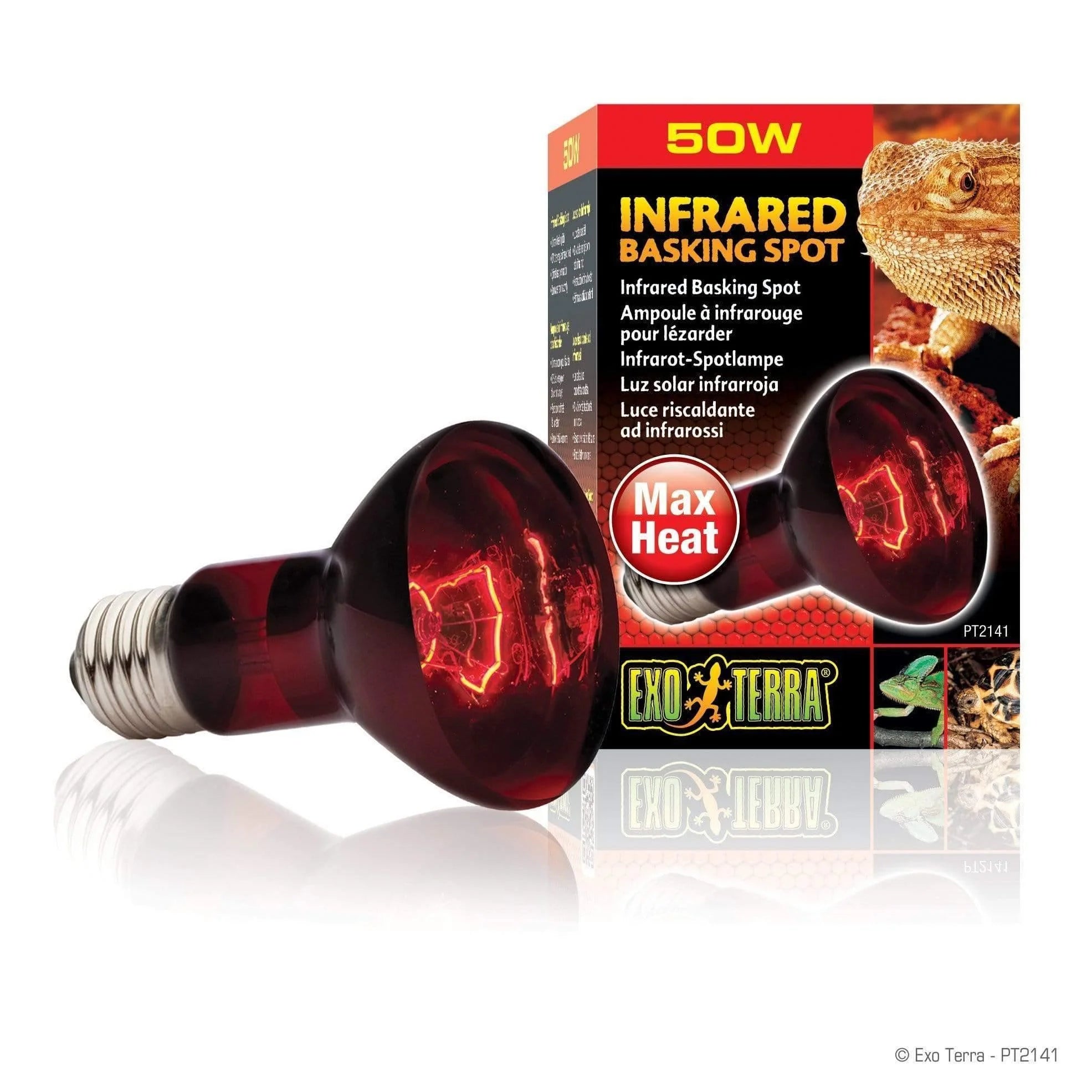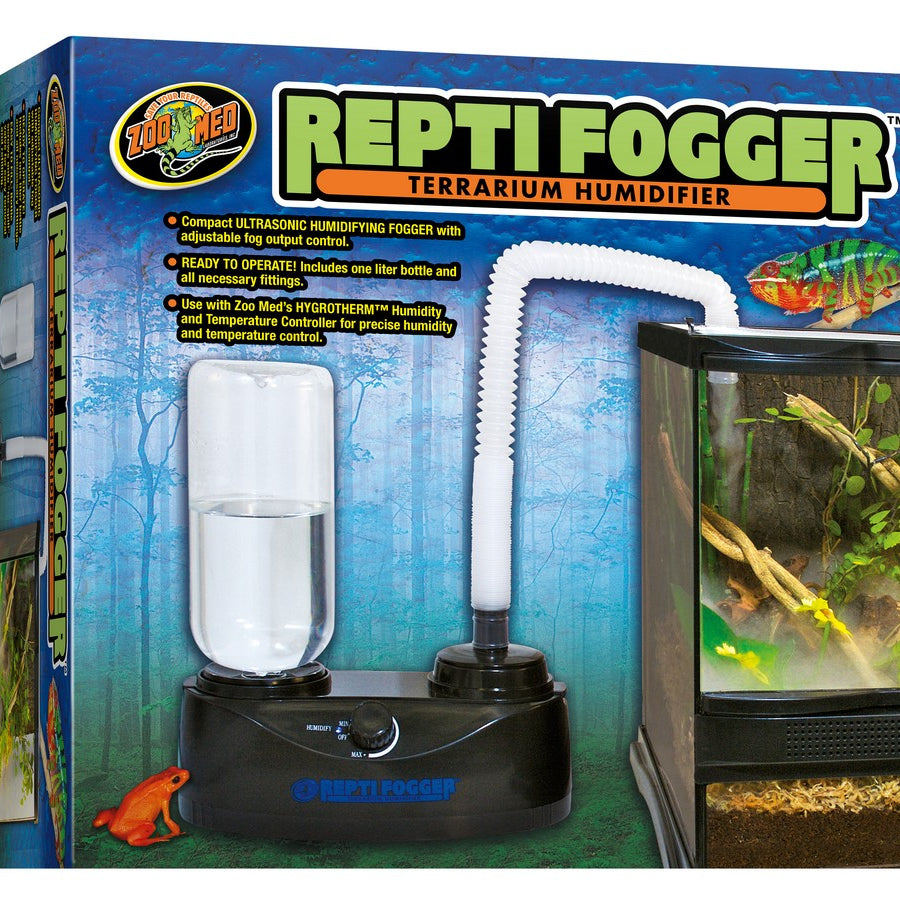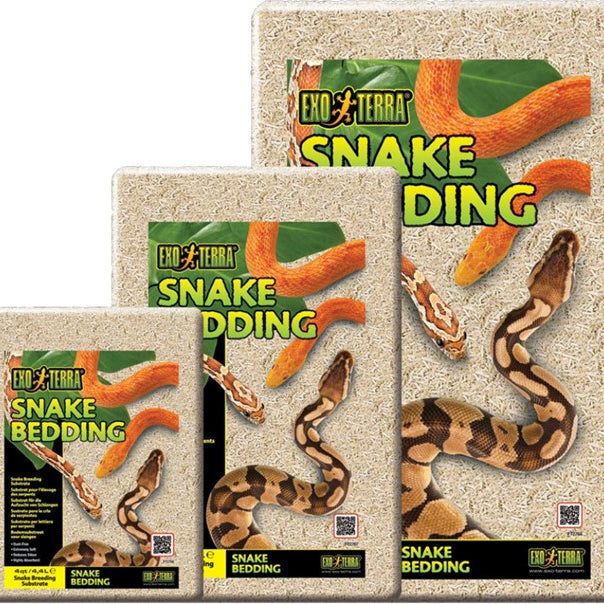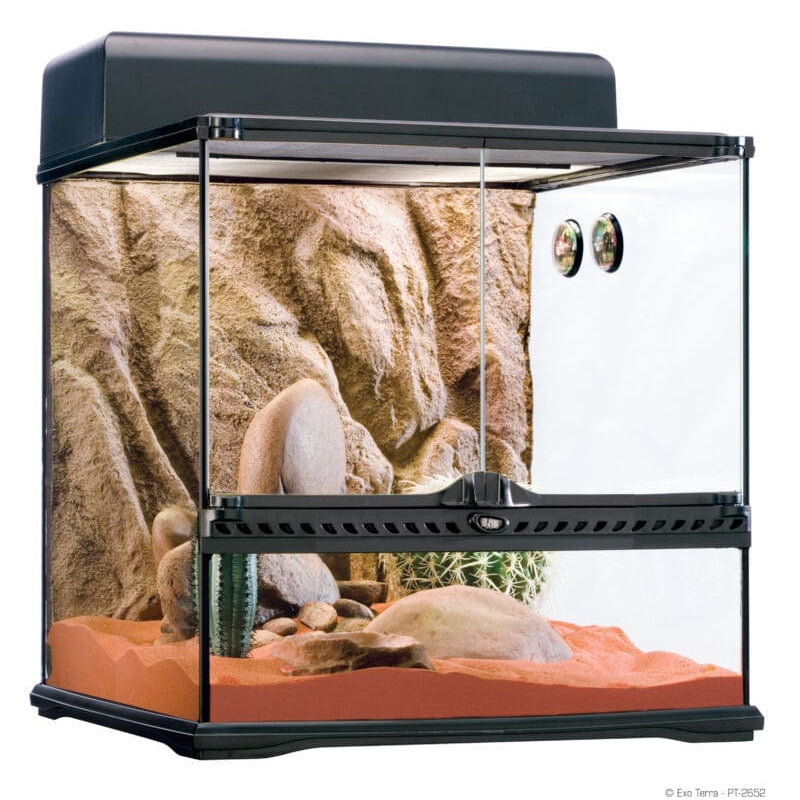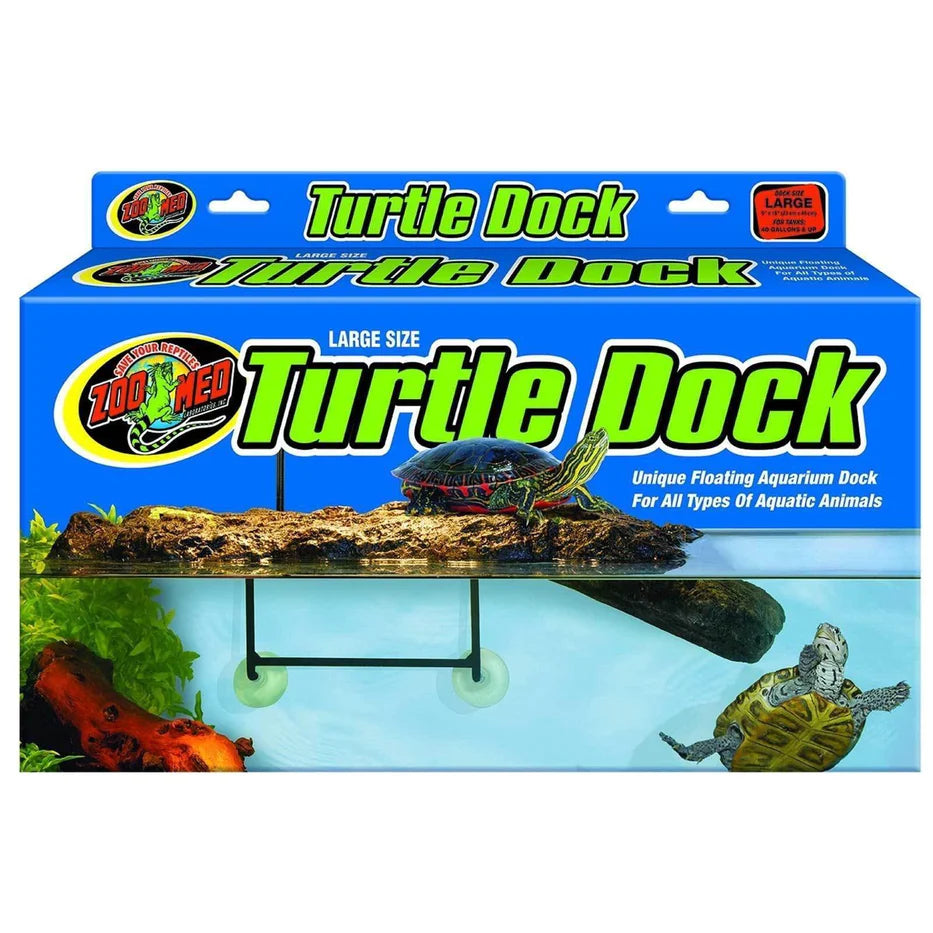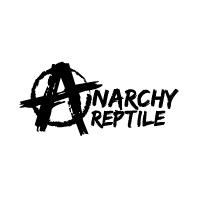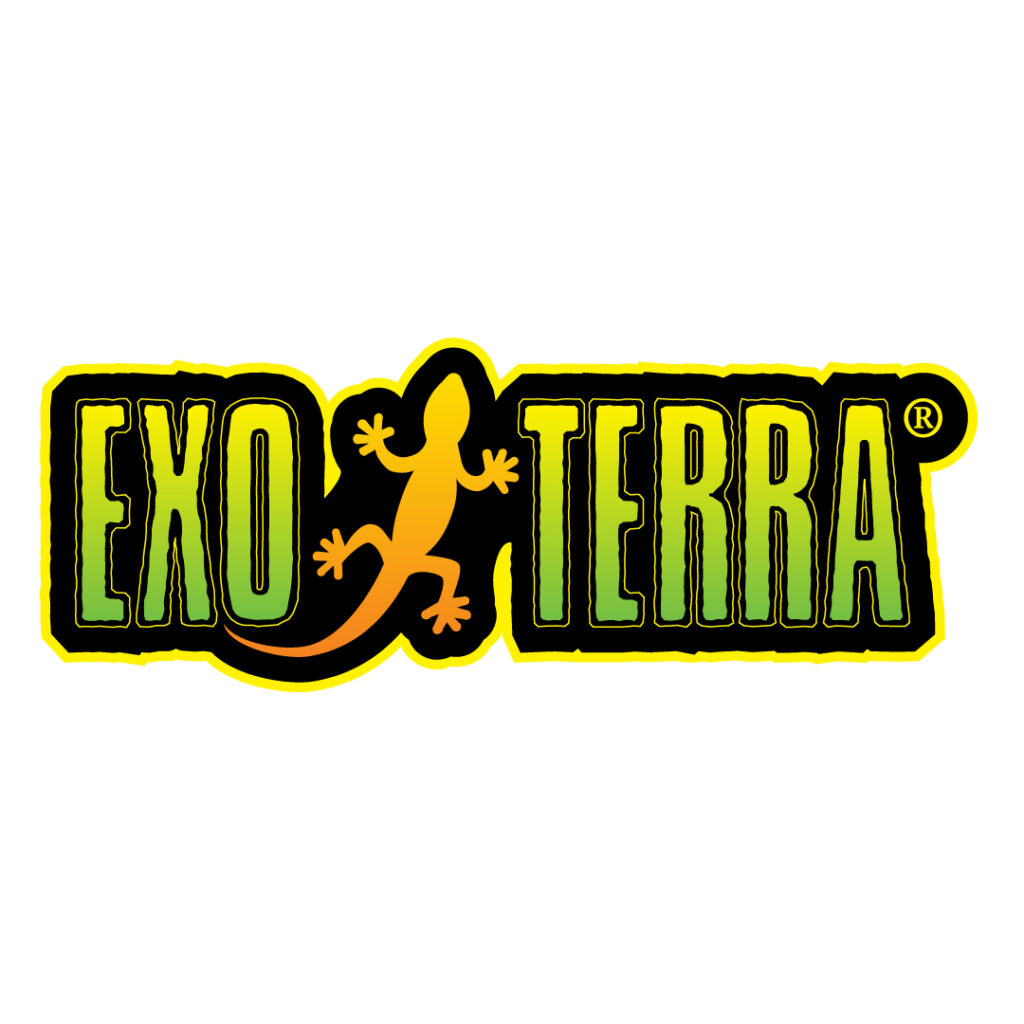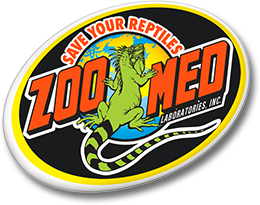Bearded Dragon Facts:
Lifespan: Approximately 10+ years
Size: Around 40-60cm
Minimum size habitat: 120 x 45 x 60cm
Diet: Live insects, fruit, vegetables, canned food and pellets.
Bearded dragons can sometimes be territorial so some individuals may need to be kept alone.
Habitat Checklist
- Terrarium
- 10.0 UVB Globe & Heat Lamp
- Sand or Reptile Carpet
- Food & Water Dish
- Hide
- Basking Rock or Driftwood
- Thermometer
The terrarium set-up depends on the size and age of your bearded dragon. You will want an enclosure that is at least 120 x 45 x 60cm minimum for an adult and 90 x 45 x 45cm for a juvenile, lined with a sandy substrate or reusable reptile carpets. They do like to climb so include perches and logs or branches for them to explore. This will mimic their natural habitat and allow them to climb closer to the heat emitters when they need extra warmth. They prefer a low humidity environment so shallow water dishes are recommended and to be placed on the cool side of their enclosure. You should clean their home regularly with a reptile safe cleaner to prevent them from getting skin or bacterial infections. Swap out their carpet with a clean one or sift their sand to remove faeces, skin shed or uneaten food. Always provide fresh drinking water daily and lightly misting their habitat every few days will encourage them to drink.
Heating & Lighting
A Bearded Dragon's habitat requires a temperature gradient, meaning it needs a cool side and a warm side. Ceramic Heat Emitters and Basking Globes should be placed on one end of their enclosure while keeping the other end cool. The ideal daytime temperature should be around 35-45C on the warm side for basking and 18-26C on the cool side. It is important to monitor these temperatures with a terrarium thermometer, a thermostat can be useful to help keep these temperatures consistent. Overnight temperatures shouldn't fall below 20C on the warm end of the habitat. Infrared Spot Globes and Heat Mats can be used at night to achieve this temperature.
Providing adequate UVB light supplementation is necessary for your bearded dragon to produce Vitamin D3 which is used to absorb calcium from their food. You can use a canopy with UVB10.0 compact fluorescents or light tubes placed over the entire length of their habitat to achieve this. These lights don't need to give off heat, leave that to your basking lights. A day/night cycle of 12hrs is generally reccomended.
Proper Nutrition
Bearded Dragons are omnivorous and it is essential that you feed them a variety of live insects, fruits, vegetables, pellets and canned food. Juveniles should be feed 80% protein and 20% vegetables up to 4 months of age. Adults should be feed a mixture of vegetables and pellets daily with the occasional fruit and live insects should be offered 1-2 times a week. When offering live insects be sure they are an appropriate size for them to eat. As a guide, the length between your dragons eyes is suggested to use when choosing the size of their insects. Always dust live insects with a calcium powder and preferably "gut load" them with a suitable insect food. This will ensure the maximum calcium intake for the day.
Suitable Vegetables:
- Asian Greens
- Dandelion Greens
- Mustard Greens
- Sweet Potato
- Squash/Pumpkin
- Carrots
Avoid spinach, iceberg lettuce, avocado, rhubarb, onion, eggplant and citrus.
Suitable Fruits
- Apple
- Pear
- Melon
Pellets can be mixed in with their salad for optimal nutrition and always offer fresh water daily.
Health & Shedding
As we mentioned before an occasional light misting will encourage your dragon to drink water but it is also good for times during shedding. The humidity will help loosen a shed making them feel more comfortable. Don't attempt to pull off the shed yourself as this may cause damage to new scales and could injure them.
Handling your dragon should be safe and comfortable for both of you. They can become very used to being handled but try not to over handle them as this can become stressful. When you pick them up be sure to support their whole body from underneath.
Common health issues can include:
- Intestinal Parasites (worms): Bearded Dragons are susceptible to worms, including the potentially fatal coccidiosis organism. Faecal checks and worming can be carried out by an experienced reptile veterinarian.
- Dysecdysis (Abnormal Shedding): Low humidity levels can sometimes result in a dragon having an ‘incomplete’ shed.
- Metabolic Bone Disease (MBD): Calcium or vitamin D3 deficiency because of incorrect diet and/or lack of or incorrect UV lighting.
Habitat Accessories
Your Bearded Dragon will feel right at home with the correct accessories for their habitat. Provide them with a place to hide for when they are feeling stressed, perches for them to climb and bask in the warmth under the heat emitters and appropriately sized feeding and water dishes. Decor can be fun, creative and interesting as long as it doesn't overtake the habitat or hurt your scaley friend.
